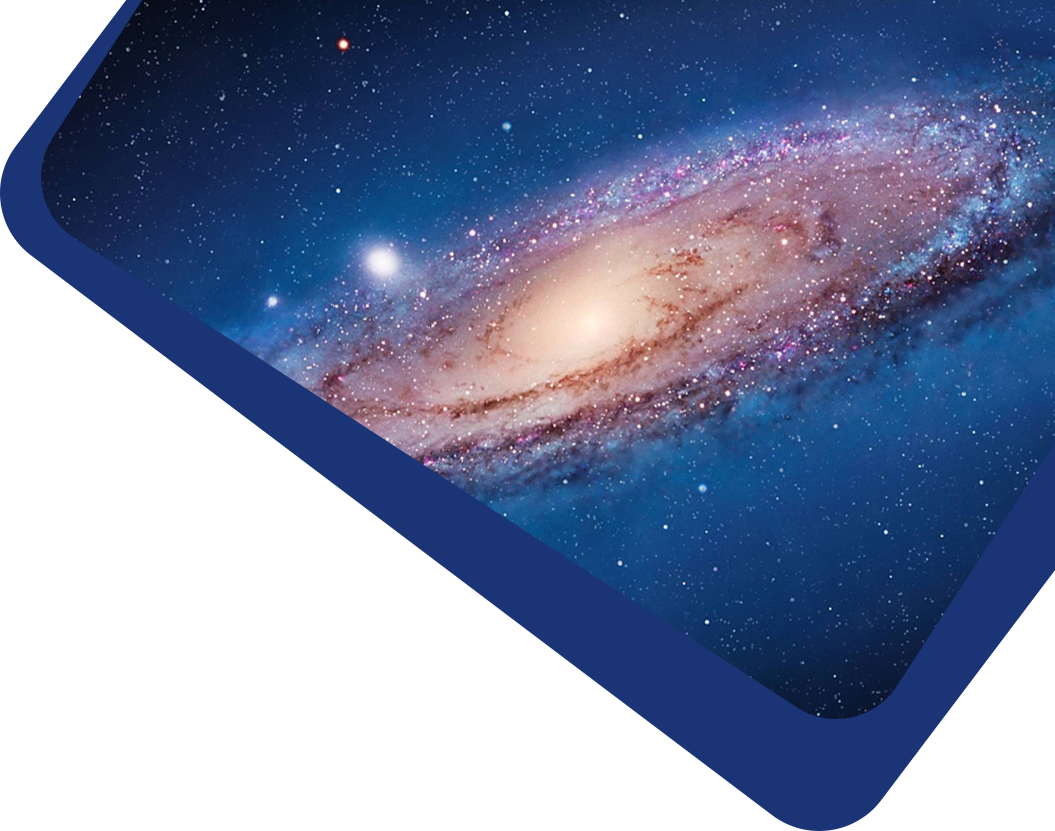

Abstract The orbital migration of Jovian planets is believed to have played an important role in shaping the Kuiper Belt. We investigate the effects of the long time-scale (2×107 yr) migration of Jovian planets on the orbital evolution of massless test particles that are initially located beyond 28 AU. Because of the slowness of the migration, Neptune's mean motion resonances capture test particles very efficiently. Taking into account the stochastic behavior during the planetary migration and for proper parameter values, the resulting concentration of objects in the 3:2 resonance is prominent, while very few objects enter the 2:1 resonance, thus matching the observed Kuiper Belt objects very well. We also find that such a long time-scale migration is favorable for exciting the inclinations of the test particles, because it makes the secular resonance possible to operate during the migration. Our analyses show that the ν8 secular resonance excites the eccentricities of some test particles, so decreasing their perihelion distances, leading to close encounters with Neptune, which can then pump the inclinations up to 20°.
null
It accepts original submissions from all over the world and is internationally published and distributed by IOP